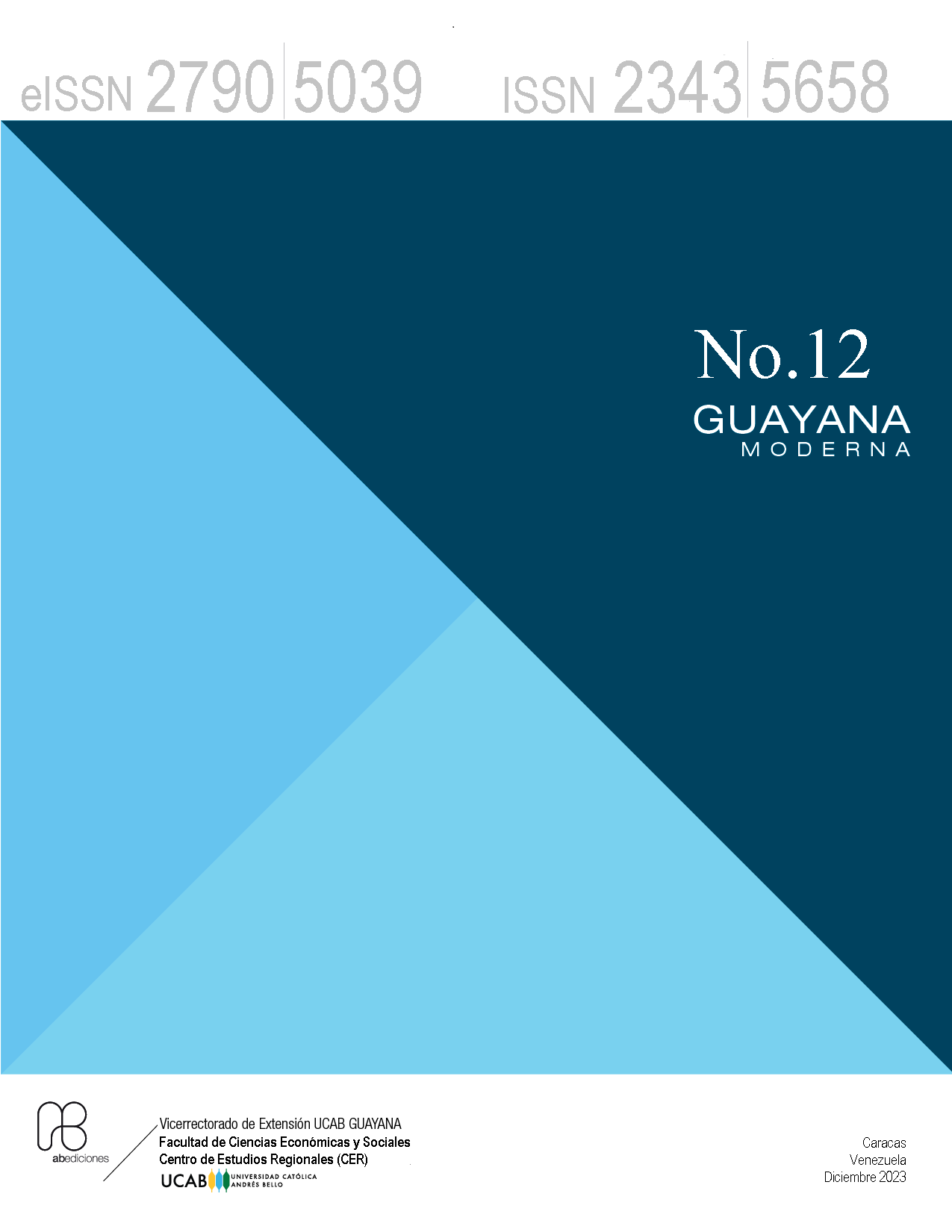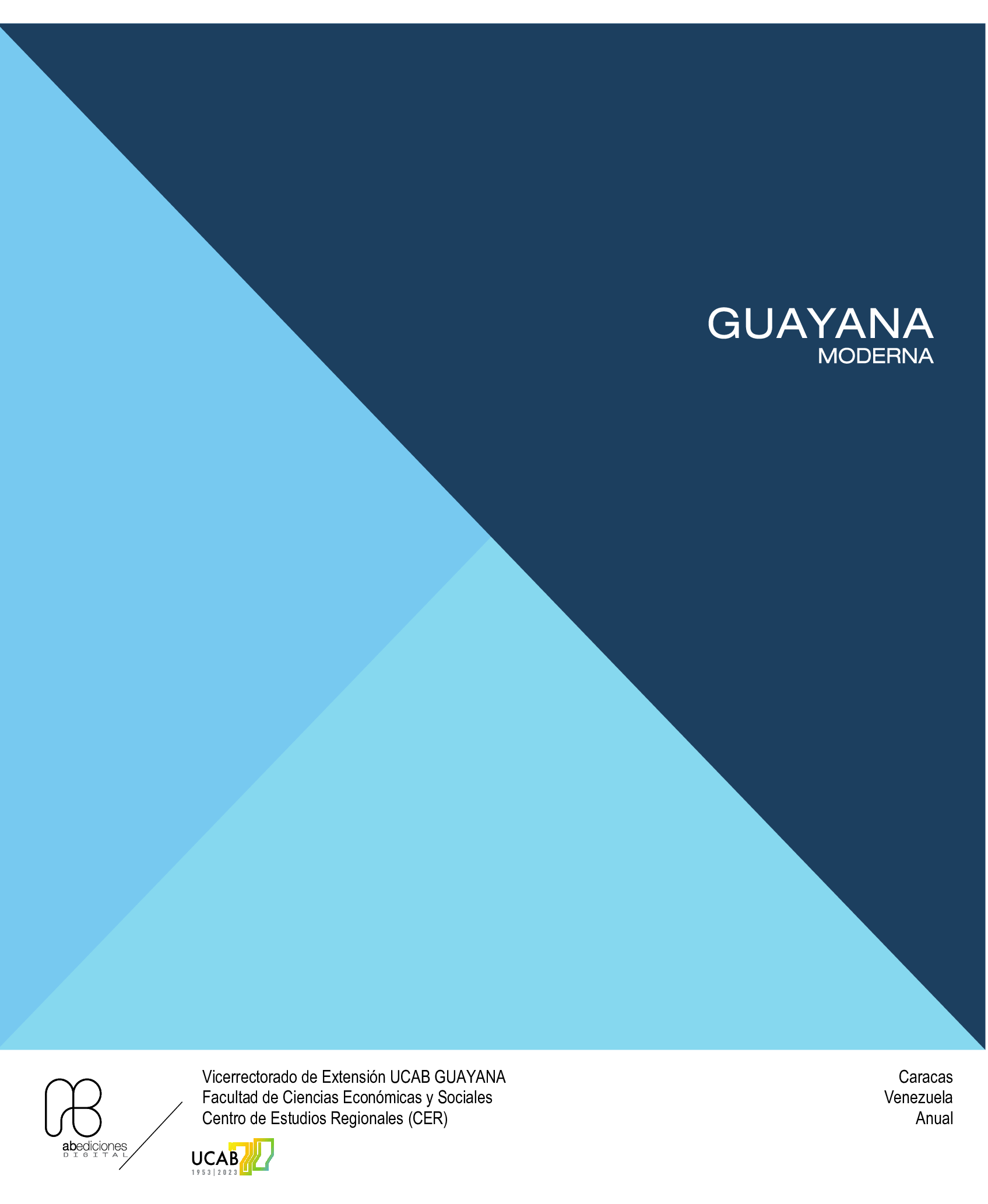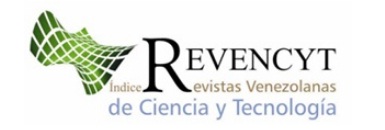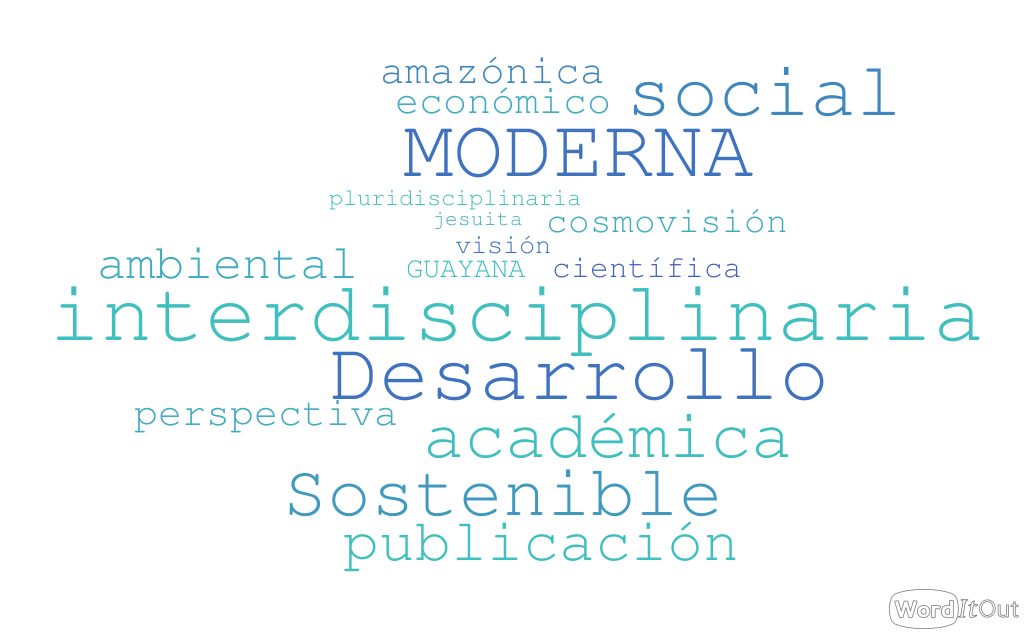Aprendizaje Significativo En Entornos Virtuales Y El Acompañamiento Andragógico En El Centro Local Carabobo De La Universidad Nacional Abierta
DOI:
https://doi.org/10.1234/gm.v12i12.6385Palabras clave:
Acompañamiento Andragógico, Aprendizaje Significativo, Entornos Virtuales de AprendizajeResumen
La innovación en el ámbito educativo actual, teniendo en cuenta que vivimos inmersos dentro de la sociedad del conocimiento, demanda contar con profesionales de calidad, que puedan hacer un uso reflexivo de los Entornos Virtuales de Aprendizaje a fin de lograr aprendizajes significativos. Por estas razones la presente investigación se realizó con el objetivo de proponer estrategias de aprendizaje significativo en entornos virtuales, para el acompañamiento andragógico en el Centro Local Carabobo de la Universidad Nacional Abierta, fundamentada teóricamente por las teorías del aprendizaje significativo según Ausubel (1983), el acompañamiento andragógico de acuerdo a Salazar, Rengifo y Oropeza (2013) y los Entornos Virtuales de acuerdo a Salinas (2011). El Marco Metodológico bajo un enfoque cuantitativo siguiendo a Hernández, Fernández, y Baptista (2010). El tipo de estudio se enmarcó dentro de la investigación descriptiva no experimental según Hernández (2017). La muestra estuvo conformada por 10 docentes de la Universidad Nacional Abierta. Las técnicas e instrumentos que se aplicaron para la recolección de los resultados de los datos, fueron la encuesta dicotómica de acuerdo a lo expresado por Arias (2012). Los resultados obtenidos del análisis de los datos permitieron conocer las debilidades que presenta en los docentes en cuanto al manejo de los Entornos Virtuales de Aprendizaje en el Acompañamiento Andragógico. Los resultados sirvieron como elementos para la elaboración de la propuesta, con ella se espera sensibilizar y fortalecer las estrategias didácticas innovadoras a utilizar por los docentes.
Contacto del autor
Correo electrónico: leinadgg1985@gmail.com
Descargas
Citas
Arias, F. (2012). El proyecto de investigación (Introducción a la Metodología Científica Balestica). 6ta Edición. Editorial Episteme.
Balestrini, M. (2006). Cómo se elabora un proyecto de investigación. Consultores Asociados. Servicio Editorial. Caracas. Venezuela.
Castillo, M. (2005). Las tecnologías de la información y la comunicación para la integración social en América Latina. [DOCUMENTO EN LÍNEA] Recuperado de: http://www.lasociedadcivil.org/wp-content/uploads/2014/11/informe_final_de_investigacin.pdf
Díaz. A. Frida, Hernández, G. (2002). “Estrategias para el aprendizaje significativo: Fundamentos, adquisición y modelos de intervención”. http://investigacion.ilce.edu.mx/panel_control/doc/D%C3%ADaz-Barriga.pdf
Ferro, C. Martínez, A. Otero, M. (2009) Ventajas del uso de las TICs en el proceso de enseñanza-aprendizaje desde la óptica de los docentes universitarios españoles.
Hernández, Fernández y Batista. (2010) Metodología de la Investigación Profesionalización Educación Básica. [DOCUMENTO EN LÍNEA] Recuperado de: http://aprendeenlinea.udea.edu.co/lms/moodle/file.php/733/MODULO_1/2._METODOLOGIA_DE_LA_INVESTIGACION.pdf
Hernández, R. (2017) Metodología de la investigación. 6a edición. [DOCUMENTO EN LÍNEA] Recuperado de: https://www.uca.ac.cr/wp-content/uploads/2017/10/Investigacion.pdf
https://dialnet.unirioja.es/servlet/articulo?codigo=3038379
Palella, S. y Martins, F. (2006). Metodología de la investigación cuantitativa. https://gc.scalahed.com/recursos/files/r161r/w23578w/w23578w.pdf
Palella, S. y Martins, F. (2010) Metodología de la Investigación Cuantitativa. Tercera Edición. Caracas - Venezuela: FEDUPEL
Sabino, C. (1985). Los caminos de la ciencia. [DOCUMENTO EN LÍNEA] Recuperado de: http://paginas.ufm.edu/Sabino/word/caminos_ciencia.pdf
Sabino, C. (1992) El proceso de investigación. http://paginas.ufm.edu/sabino/ingles/book/proceso_investigacion.pdf
Vásquez, J, (2015) Teorías del Desarrollo y Aprendizaje. [DOCUMENTO EN LÍNEA] Recuperado de: https://es.slideshare.net/josevazquez7503/teorias-del-desarrollo-y-aprendizaje








